Can you eat overnight oats every night? This question often arises among those who enjoy this simple, no-cook breakfast option. Overnight oats are made by soaking rolled oats in milk or a dairy-free alternative, creating a creamy, ready-to-eat meal by morning. With countless combinations of toppings like fruits, nuts, and seeds, overnight oats are not only delicious but also celebrated for their nutritional benefits.
Eating overnight oats daily offers advantages like better digestion, weight management, and even heart health. However, it’s essential to understand if consuming this fiber-rich breakfast every night is sustainable and balanced. In this article, we’ll explore whether eating overnight oats every night is healthy, highlight their benefits, address potential concerns, and provide nutrient-packed recipes to keep your meals exciting and varied.
What Are Overnight Oats?
Overnight oats are a simple, nutritious, and no-cook meal option that has become a popular breakfast choice for those with busy lifestyles. The concept is straightforward: rolled oats are soaked in a liquid—such as milk, almond milk, or yogurt—overnight. During this time, the oats absorb the liquid, resulting in a creamy, soft texture that’s ready to eat by morning. This method eliminates the need for cooking, making overnight oats an incredibly convenient meal prep option.
How Are Overnight Oats Made?
To prepare overnight oats, you typically start with rolled oats, which are preferred over instant oats due to their higher fiber content and better texture. Combine equal parts oats and liquid in a jar or container, then add optional mix-ins like chia seeds, flaxseeds, or protein powder for added nutrition. Sweeteners like honey or maple syrup and flavorings such as cinnamon or vanilla extract can also be included. Once the base is prepared, it’s refrigerated for at least 6-8 hours, allowing the oats to soften and the flavors to meld together.
One of the best features of overnight oats is their versatility. You can customize them with toppings like fresh fruits, nuts, seeds, or even a drizzle of nut butter, creating endless variations to suit your taste preferences and nutritional needs. For instance, recipes like the Blueberry Overnight Oats offer a perfect blend of sweetness and fiber-rich fruits, making them a healthy and delicious option.
Nutritional Value of Overnight Oats:
At their core, overnight oats are made from whole grains, which are rich in complex carbohydrates, dietary fiber, and essential nutrients like magnesium, iron, and B vitamins. The oats serve as a slow-digesting carbohydrate source, providing sustained energy throughout the day. When paired with ingredients like Greek yogurt, almond milk, or chia seeds, they can also be an excellent source of protein and healthy fats, supporting a balanced diet.
Why Are Overnight Oats Popular?
Overnight oats have gained popularity because they’re convenient, customizable, and packed with nutrition. Whether you’re looking to manage weight, improve digestion, or enjoy a hassle-free breakfast, overnight oats can be tailored to fit your dietary goals. Plus, they are ideal for meal prep, saving time during hectic mornings.
For more inspiration, check out creative options like the High-Protein Overnight Oats Recipe to fuel your day with additional protein.
Benefits of Eating Overnight Oats
1. Nutrient-Dense:
Overnight oats are packed with essential nutrients:
- High in fiber to support digestive health.
- Rich in vitamins like B-complex and minerals such as iron and magnesium.
- Provide sustained energy through complex carbohydrates.
Incorporate superfoods alongside oats for even more nutrients. For instance, check out the Lion’s Mane Mushrooms Benefits & Uses to learn about another superfood to diversify your diet.
2. Supports Weight Management:
- The fiber content helps you feel full longer, reducing snacking.
- Customizable to create a satisfying, low-calorie meal.
For a protein-packed variation, explore the High-Protein Overnight Oats Recipe, ideal for those aiming to build muscle or manage weight.
3. Promotes Heart Health:
- Contains beta-glucan, a soluble fiber proven to lower LDL cholesterol.
- Regular consumption of oats is linked to reduced cardiovascular disease risk.
4. Aids Digestive Health:
- Soaking oats makes them easier to digest and reduces phytic acid, which can block nutrient absorption.
- Acts as a prebiotic, feeding beneficial gut bacteria.
5. Time-Saving Convenience:
- Quick to prepare and perfect for busy mornings.
- Can be made in bulk for several days of breakfasts.
For other meal prep options, consider the Breakfast Burritos Recipe for Meal Prep as a savory alternative.
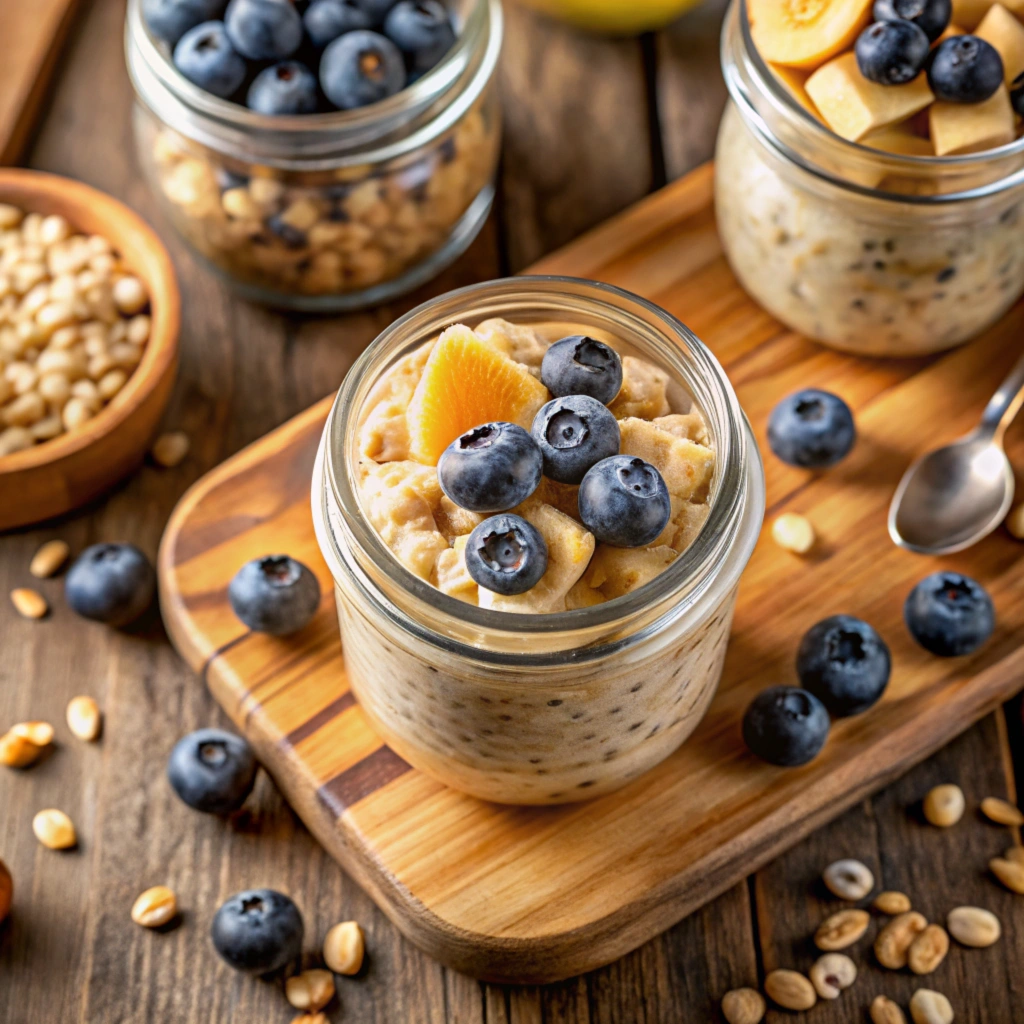
Are There Risks to Eating Overnight Oats Every Night?
While overnight oats are a convenient and nutritious meal, consuming them every night may come with a few potential drawbacks if not properly balanced. Understanding these risks can help ensure your daily habit remains healthy and beneficial.
1. Nutritional Imbalance:
Eating overnight oats every night could lead to a lack of variety in your diet. While oats are rich in fiber, complex carbohydrates, and essential nutrients, they don’t provide all the macronutrients and micronutrients your body needs. For example, oats are relatively low in protein and certain vitamins like Vitamin C.
Solution:
Incorporate a variety of ingredients into your oats to boost their nutritional profile. Adding Greek yogurt, chia seeds, or nuts can increase protein content, while fruits like berries, kiwi, or mango provide antioxidants and vitamin C. Additionally, alternate oats with other breakfast options, such as a Breakfast Burrito or Mini Pancakes, to diversify your meals.
2. Caloric Overload:
Overnight oats can quickly become calorie-dense if loaded with high-calorie ingredients like nut butters, sweeteners, or chocolate chips. Consuming excessive calories, even from healthy foods, may lead to unintended weight gain.
Solution:
Keep portion sizes in check and opt for lighter toppings such as fresh fruits, a drizzle of honey, or spices like cinnamon for flavor without extra calories. Recipes like the Blueberry Overnight Oats strike the right balance between taste and calorie control.
3. Phytic Acid Concerns:
Oats contain phytic acid, a natural compound that can bind to minerals like iron and zinc, reducing their absorption. Over time, this could potentially lead to deficiencies, especially if your diet is low in these minerals.
Solution:
Soaking oats overnight helps reduce phytic acid, making the nutrients more bioavailable. You can further improve absorption by pairing oats with vitamin C-rich foods like strawberries or citrus fruits.
4. Food Allergies or Sensitivities:
Those with gluten intolerance or celiac disease should be cautious, as oats can be cross-contaminated with gluten. Additionally, common toppings like nuts or dairy might trigger allergies in some people.
Solution:
Choose certified gluten-free oats and experiment with non-allergenic toppings, such as coconut milk or sunflower seeds. If you prefer alternatives, try a Coconut Chia Pudding as a satisfying and allergen-friendly option.
5. Final Thoughts:
Eating overnight oats every night can be part of a healthy diet, but balance and variety are key. By addressing potential risks and diversifying your meals with nutrient-dense ingredients, you can continue to enjoy this convenient and wholesome breakfast safely.
Tips for Making Overnight Oats Healthy
1. Select Nutrient-Dense Ingredients:
To create a nutritious base for your overnight oats, focus on ingredients that are rich in vitamins, minerals, and fiber.
- Choose Whole Grains: Opt for rolled oats or steel-cut oats instead of instant oats. Rolled oats retain more nutrients and offer a heartier texture. Steel-cut oats are even less processed and contain more fiber, making them ideal for promoting healthy digestion.
- Low-Sugar Dairy Alternatives: If you’re using dairy alternatives, choose unsweetened versions to keep added sugars to a minimum. Almond milk, oat milk, or coconut milk are excellent choices. For added creaminess and protein, you can also use plain Greek yogurt, which provides probiotics to support gut health.
2. Balance Macronutrients:
To ensure your overnight oats provide sustained energy and support overall health, it’s essential to incorporate a balance of protein, fats, and carbohydrates.
- Add Protein-Rich Ingredients: Including protein in your oats helps keep you full longer. Consider mixing in chia seeds, protein powder, or cottage cheese to boost the protein content. Chia seeds also provide fiber and omega-3 fatty acids, which are great for heart health.
- Incorporate Healthy Fats: Healthy fats are crucial for long-lasting energy and brain function. Almond butter, flaxseeds, or walnuts are excellent sources of heart-healthy fats that also add flavor and texture to your oats. You can also drizzle a bit of olive oil for a unique taste and extra nutrients.
- Try a Chia Seed Pudding Recipe: For a creative variation on overnight oats, try making a coconut chia pudding. It’s a versatile option that can be adjusted with various flavorings and toppings to meet your preferences.
For a delicious chia seed-based recipe, try the Coconut Chia Pudding Recipe as another versatile breakfast option.
3. Include Antioxidant-Rich Foods:
Adding fruits, spices, and other nutrient-dense toppings can enhance the nutritional value of your overnight oats and provide numerous health benefits.
- Incorporate Fruits and Berries: Fresh or frozen berries, such as blueberries, strawberries, or raspberries, are rich in antioxidants, which help combat free radicals in the body. These fruits are also high in vitamins C and K, both essential for immune and skin health.
- Add Flavor with Spices: Spices like cinnamon, nutmeg, or turmeric not only enhance the flavor of your oats but also offer additional health benefits. Cinnamon, for example, can help regulate blood sugar levels, while turmeric provides anti-inflammatory properties.
- Boost Hydration and Fiber: For added hydration and fiber, consider pairing your overnight oats with a chia seed water recipe. This drink is simple to make and provides an extra source of fiber and omega-3s to support digestion.
For hydration and added fiber, check out the Chia Seed Water Recipe as an easy supplement to your oats.
By focusing on these key elements—nutrient-dense ingredients, balanced macronutrients, and antioxidant-rich foods—you can create a nourishing and flavorful overnight oats recipe that promotes good health and keeps you energized throughout the day.
Popular Recipes and Variations
Basic Overnight Oats Recipe:
- ½ cup rolled oats.
- ½ cup milk or milk alternative.
- 1 tablespoon chia seeds.
- 1 teaspoon honey or maple syrup.
Mix all ingredients in a jar, refrigerate overnight, and enjoy in the morning.
Flavorful Variations:
- Chocolate Peanut Butter Oats: Add cocoa powder, peanut butter, and a sprinkle of dark chocolate chips.
- Tropical Oats: Use coconut milk, pineapple chunks, and shredded coconut.
- Protein-Packed Oats: Add a scoop of protein powder and top with Greek yogurt.
Find more ideas in this Blueberry Overnight Oats Recipe for inspiration.
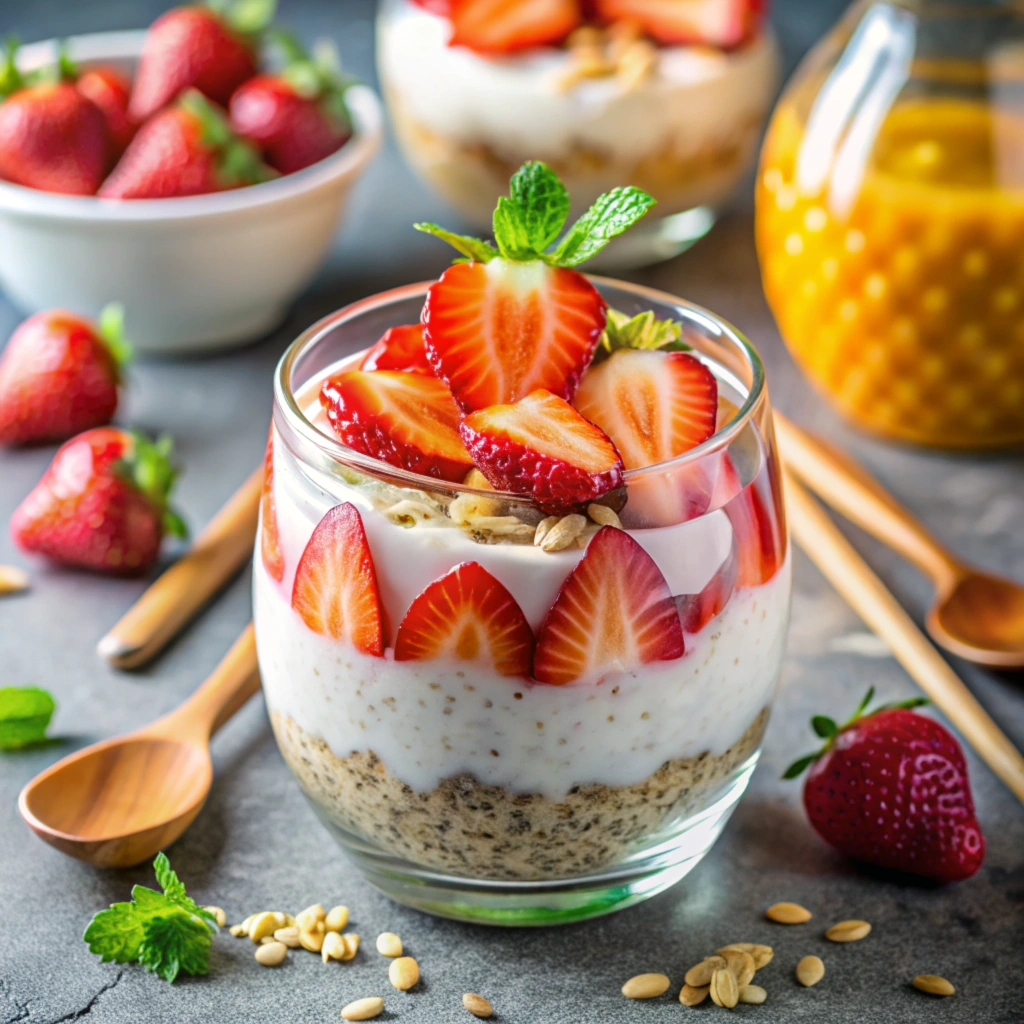
FAQs
Can I eat overnight oats every day?
Yes, overnight oats can be eaten daily as part of a balanced diet.
Are overnight oats good for weight loss?
Yes! Their high fiber content keeps you full, reducing the urge to snack between meals. Try recipes like the High-Protein Overnight Oats for weight-loss-friendly options.
What are the best ingredients for overnight oats?
Some great options include rolled oats, unsweetened almond milk, fresh fruits, chia seeds, and natural sweeteners.
How long can overnight oats be stored in the fridge?
They can be stored for up to 5 days in an airtight container.
Do overnight oats help with digestion?
Yes, their fiber content and prebiotic properties support gut health.
Can I make overnight oats ahead of time?
Yes, overnight oats are perfect for meal prepping. You can prepare them for several days in advance and store them in the fridge for quick, healthy breakfasts throughout the week.
Are overnight oats a good option for athletes?
Absolutely! Overnight oats provide a balanced mix of carbohydrates, protein, and healthy fats, making them an excellent pre- or post-workout meal to fuel or recover from exercise.
Can I use different kinds of oats for overnight oats?
While rolled oats and steel-cut oats are the most popular choices, you can experiment with other oat varieties like instant oats. However, rolled oats tend to yield the best texture, while steel-cut oats offer a chewier bite.
Conclusion
Overnight oats can be a fantastic addition to your daily diet when prepared thoughtfully. Packed with fiber, complex carbohydrates, and essential nutrients like magnesium and iron, they support a range of health goals, from weight loss to improved digestion and heart health. By adding a variety of toppings like fresh fruits, chia seeds, and Greek yogurt, you can make your oats both satisfying and nutritionally complete.
However, balance is key. Eating overnight oats every night should not mean neglecting other nutrient-rich foods. Incorporating variety into your diet—like enjoying a savory Breakfast Burrito or experimenting with recipes such as the Coconut Chia Pudding—can help you maintain dietary diversity and meet all your nutritional needs.
Whether you’re a fitness enthusiast, a busy professional, or someone new to meal prep, overnight oats can fit seamlessly into your routine. By following the tips and recipes provided here, you’ll enjoy the health benefits, avoid potential risks, and keep your breakfast exciting and varied. With a little creativity, overnight oats can remain a staple in your diet for years to come.

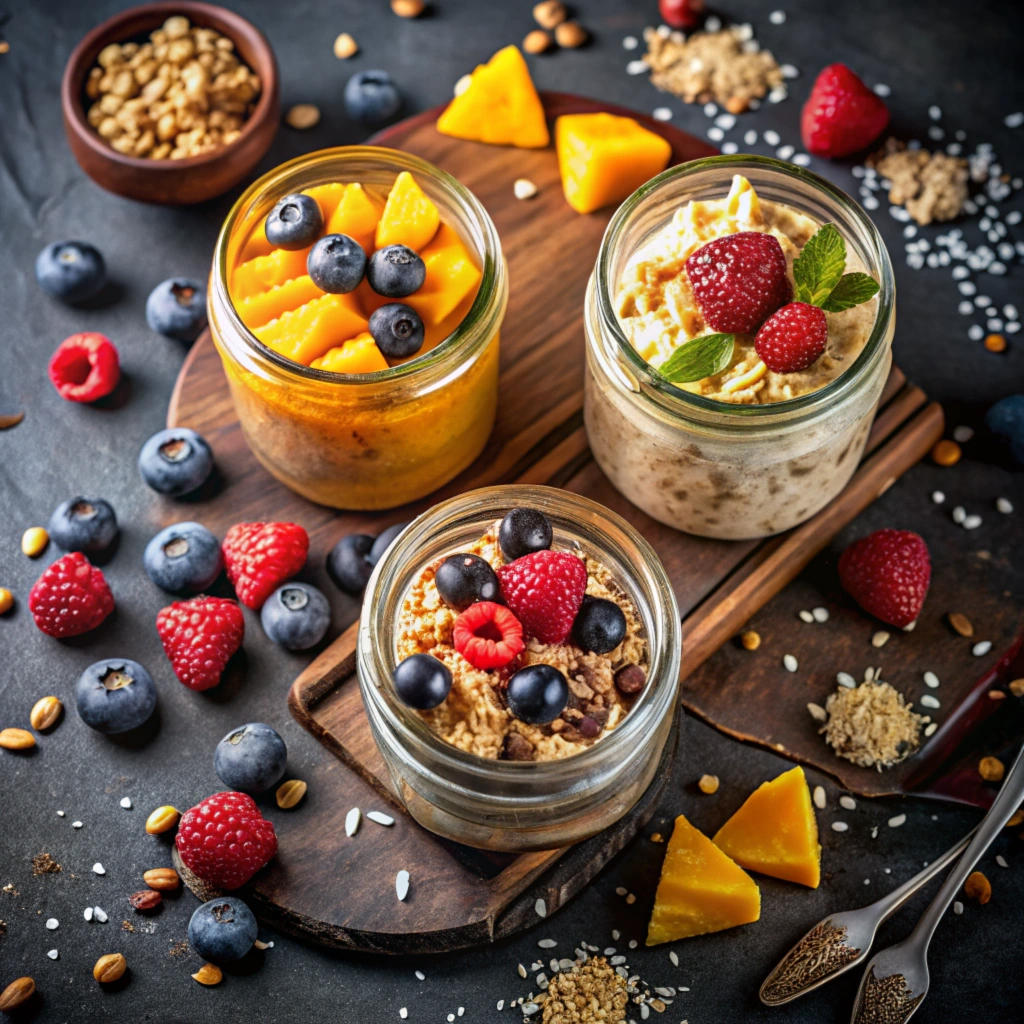




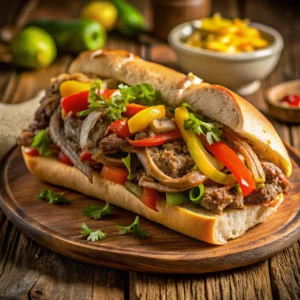
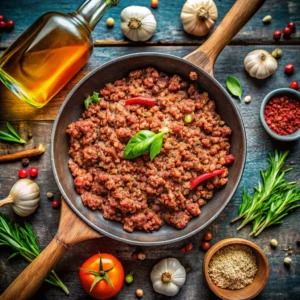
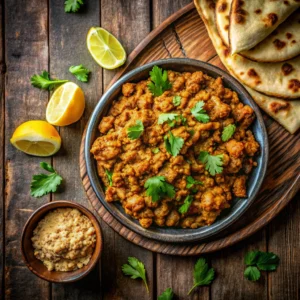


You might also like these recipes
Do You Wash Chicken Keema? The Ultimate Guide to Safe Handling
The Best Side Dishes to Serve With Chili Dogs
Is It Better to Pan Fry or Oven Bake Chicken?